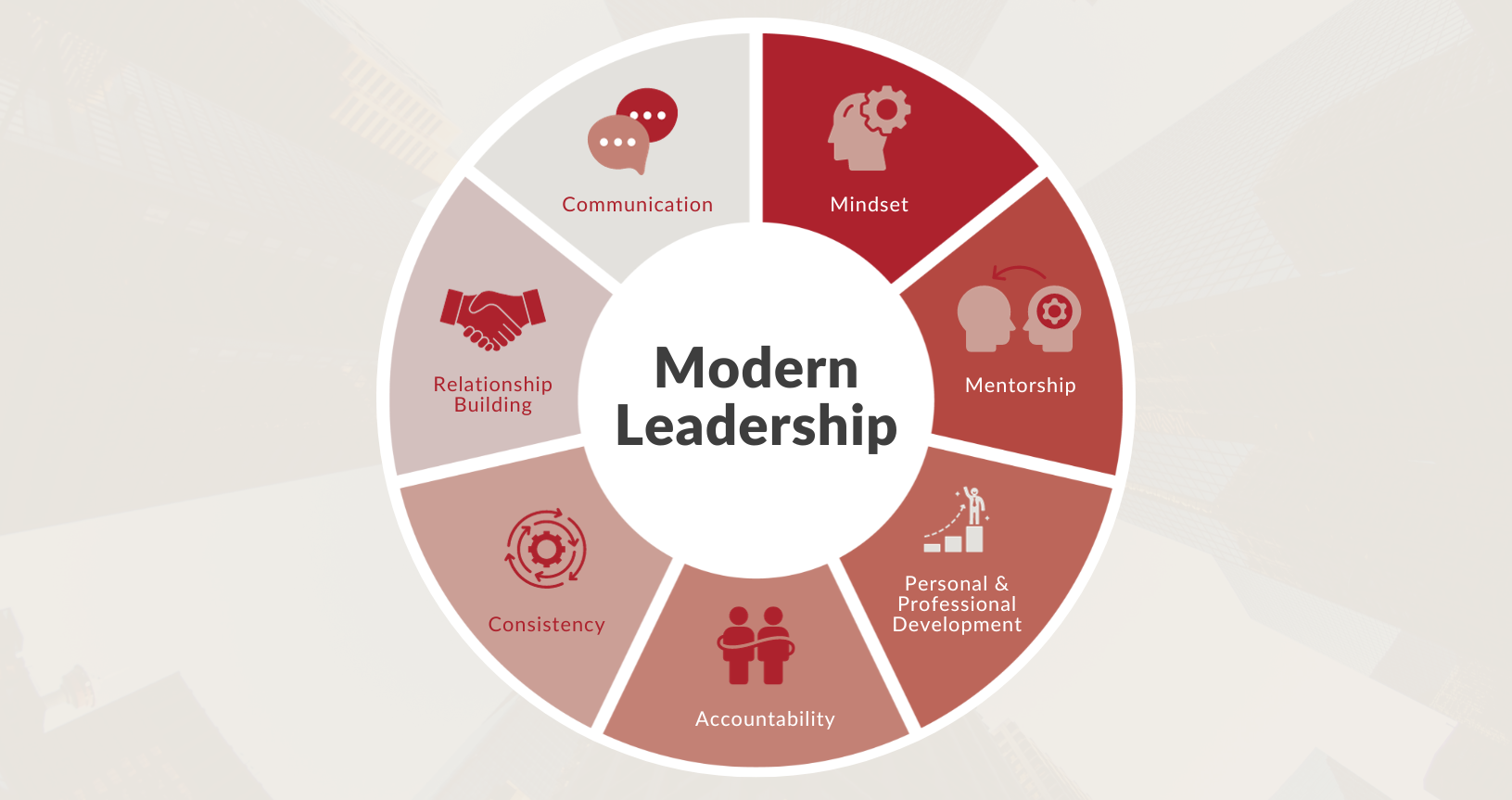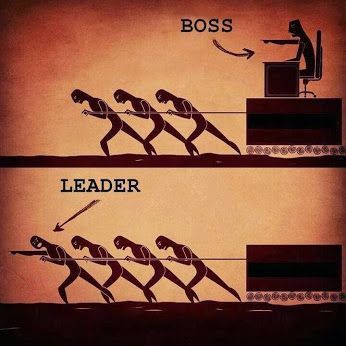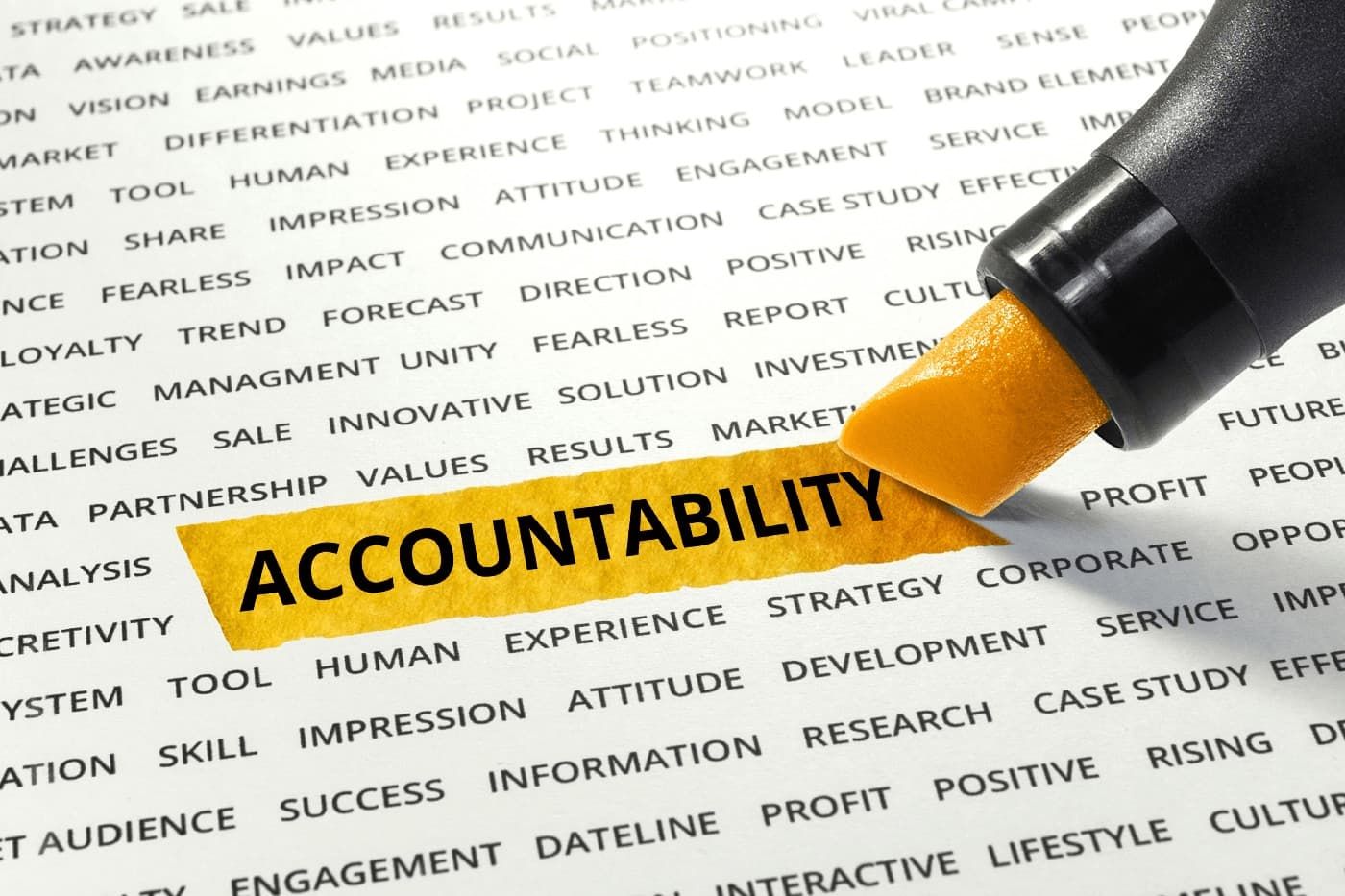By Helene Wall
•
February 11, 2026
In hospitality, margins are thin, expectations are high, and decisions happen fast. Yet one of the most expensive problems many organizations face rarely shows up as a single line item on a financial statement. It’s misalignment—specifically between Human Resources and Finance. When these two functions operate in parallel rather than in partnership, the consequences ripple across the entire organization. Where Misalignment Shows Up In hospitality organizations, HR–Finance misalignment often appears in familiar ways: Overtime becomes routine rather than strategic What starts as a short-term staffing fix quietly turns into a permanent expense. Hiring decisions are made too late—or too quickly Either teams are stretched thin for too long, or roles are filled without clarity on long-term cost and impact. Benefits and compensation structures no longer match operational realities Programs that once made sense are no longer aligned with workforce demographics, seasonality, or business goals. Financial reports explain what happened, but not why Leaders see labor costs rise or margins shrink—but lack insight into the people-related drivers behind the numbers. None of these issues stem from a lack of effort. They stem from a lack of coordination. Two Critical Functions, Two Different Lenses HR teams are focused on recruiting, retention, engagement, and compliance. Finance teams are focused on budgets, forecasting, cash flow, and performance. Both perspectives are essential—but when they are not intentionally connected, leadership is left trying to reconcile people decisions with financial outcomes after the fact. That’s when conversations become reactive: “Why did labor spike last quarter?” “Why is turnover affecting profitability?” “Why didn’t we see this coming?” By then, the cost has already been incurred. The Real Cost of Operating in Silos Misalignment doesn’t just impact numbers—it impacts decision-making quality. Without shared planning: Workforce decisions are made without financial guardrails. Financial forecasts fail to account for real staffing conditions. Leaders lack a common language to discuss labor, productivity, and growth. Over time, this erodes trust, slows execution, and makes strategic planning far more difficult than it needs to be. Alignment Changes the Conversation When HR and Finance are aligned, organizations move from reaction to foresight. Instead of asking what happened, leaders can ask: What’s driving this trend? What workforce decisions will support next quarter’s goals? How do we balance guest experience, employee sustainability, and profitability—at the same time? Alignment creates clarity. Clarity enables better decisions. Better decisions protect both people and performance. Where Wall Consulting Comes In At Wall Consulting, we help hospitality organizations bridge the gap between people strategy and financial strategy. That means: Translating workforce data into financial insight Designing compensation and staffing models that reflect operational reality Creating planning processes where HR and Finance are aligned before decisions are made—not after Because in hospitality, your people strategy is your financial strategy. And alignment isn’t a “nice to have.” It’s a competitive advantage.







